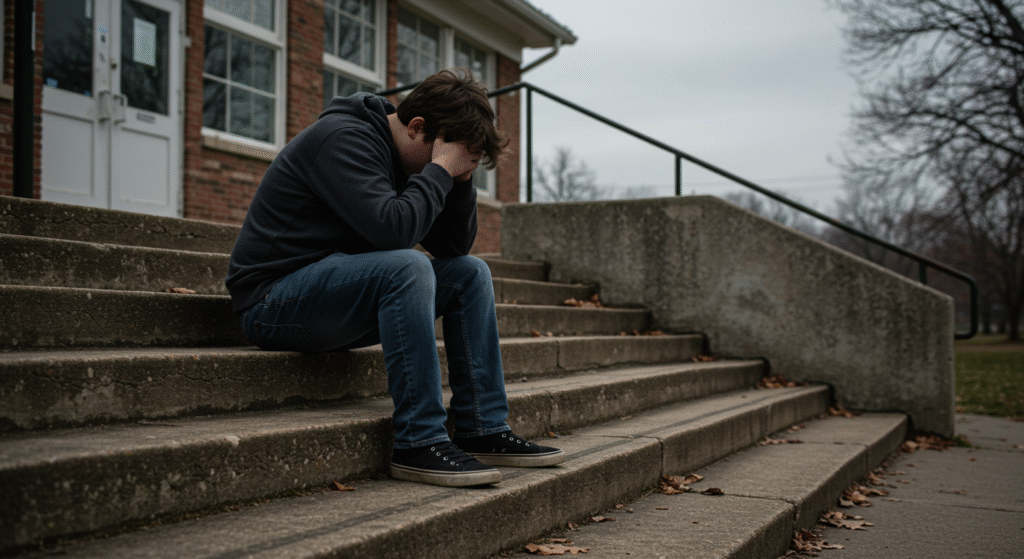Helping Your Teen Effectively Deal With Bullying
Bullying today looks very different than it did a generation ago. With social media and smartphones, there is often no escape—bullying can happen in person, at home, and even in the middle of the night. But with the right support, teens can learn to stand strong and heal fully.
Why Do People Bully?
Bullying is often a reflection of internal pain. Teens (or even adults) who lash out often feel invisible, neglected, or powerless in their own lives. By targeting others, they attempt to reclaim a false sense of control or superiority. But their actions stem from deep-seated insecurities, jealousy, or trauma.

Why Does Bullying Seem to Be So Common?
The digital age has made bullying inescapable. Teens no longer leave the drama behind at school—it follows them home via texts, DMs, and comments. This constant connection creates more opportunity for cruelty and fewer places to hide.
Bullying has also increased because many people feel empowered behind screens, leading to online harassment and cyberbullying. Others attack people they don’t understand or disagree with—based on race, beliefs, gender identity, or appearance.

What Bullying Does to a Child
Bullying deeply damages a teen’s confidence. They may begin to feel worthless, anxious, or paranoid. If bullying goes on long enough, some teens internalize the lies they hear and suffer from long-term self-doubt or depression.
In some cases, the victim may become a bully themselves in a cycle of pain and retaliation. Others may withdraw from friends, family, and even school altogether.

How to Help Your Bullied Child
- Talk Openly: Create a safe space where your child can share without fear of judgment. Let them know they are not weak for feeling hurt.
- Report It: Whether it’s school officials or law enforcement, bullying needs to be reported—especially if it involves threats or hate speech.
- Teach Assertiveness: Roleplay responses with your teen. Help them stand up for themselves firmly but safely.
- Monitor Online Activity: Keep an eye on messages and platforms, not to control—but to protect.
- Encourage Boundaries: Teach your teen to trust their instincts, and walk away from harmful situations—even online.
- Seek Counseling: If the bullying has left emotional scars, therapy can help rebuild their sense of safety and confidence.

Final Words of Encouragement
Let your teen know: they are not the problem. They are valuable, worthy of love, and deserve to feel safe in their school, their home, and their digital spaces. Be their defender, their soft place to land, and their loudest voice when theirs is trembling.




